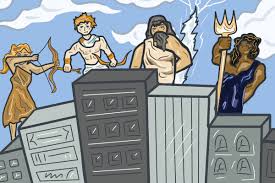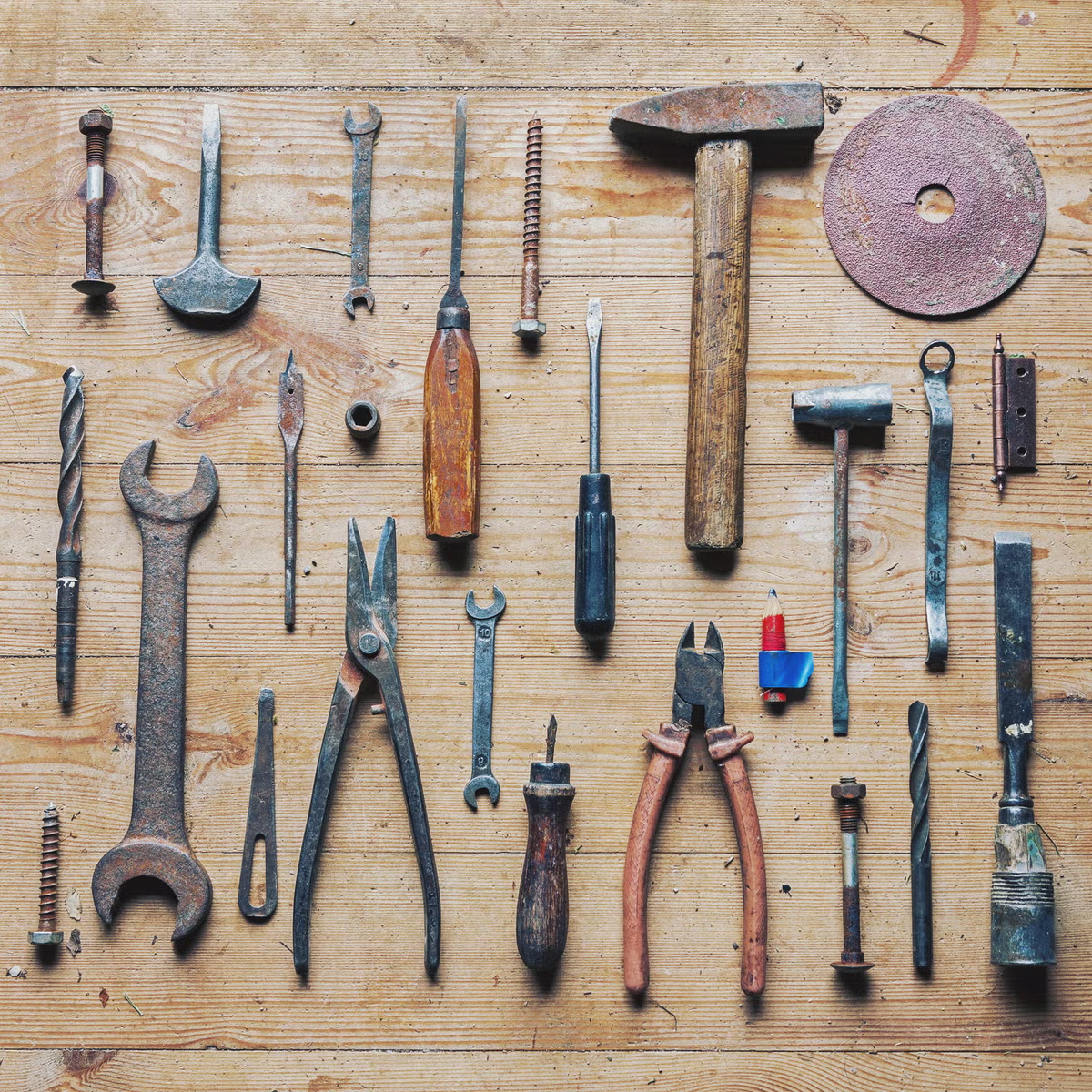Stamp: Ceres - Overprint (Azores 1929)
Ceres - Overprint (Azores 1929)
01 January (Azores ) within release Ceres 1929-30, surcharged & overprinted "AÇORES" goes into circulation Stamp Ceres - Overprint face value 10 Portuguese centavo
| Stamp Ceres - Overprint in catalogues | |
|---|---|
| Michel: | Mi: PT-AZ 309AII |
| Yvert et Tellier: | Yt: PT-AZ 301a |
| Afinsa-Mundifil: | Afi: PT-AZ 284a |
Stamp is square format.
Distance between "1" and "0" in face value is 3,5mmStamp Ceres - Overprint it reflects the thematic directions:
Agriculture is the cultivation and breeding of animals, plants and fungi for food, fiber, biofuel, medicinal plants and other products used to sustain and enhance human life.[1] Agriculture was the key development in the rise of sedentary human civilization, whereby farming of domesticated species created food surpluses that nurtured the development of civilization. The study of agriculture is known as agricultural science. The history of agriculture dates back thousands of years, and its development has been driven and defined by greatly different climates, cultures, and technologies. Industrial agriculture based on large-scale monoculture farming has become the dominant agricultural methodology.
A crop is a plant that can be grown and harvested extensively for profit or subsistence. In other words, crop is a plant or plant product that is grown for a specific purpose such as food, fibre or fuel.
When plants of the same species are cultivated in rows or other systematic arrangements, it is called crop field or crop cultivation.
Myth is a genre of folklore consisting primarily of narratives that play a fundamental role in a society. For scholars, this is very different from the vernacular usage of the term "myth" that refers to a belief that is not true. Instead, the veracity of a myth is not a defining criterion
A tool is an object that can extend an individual's ability to modify features of the surrounding environment or help them accomplish a particular task. Although many animals use simple tools, only human beings, whose use of stone tools dates back hundreds of millennia, have been observed using tools to make other tools.



